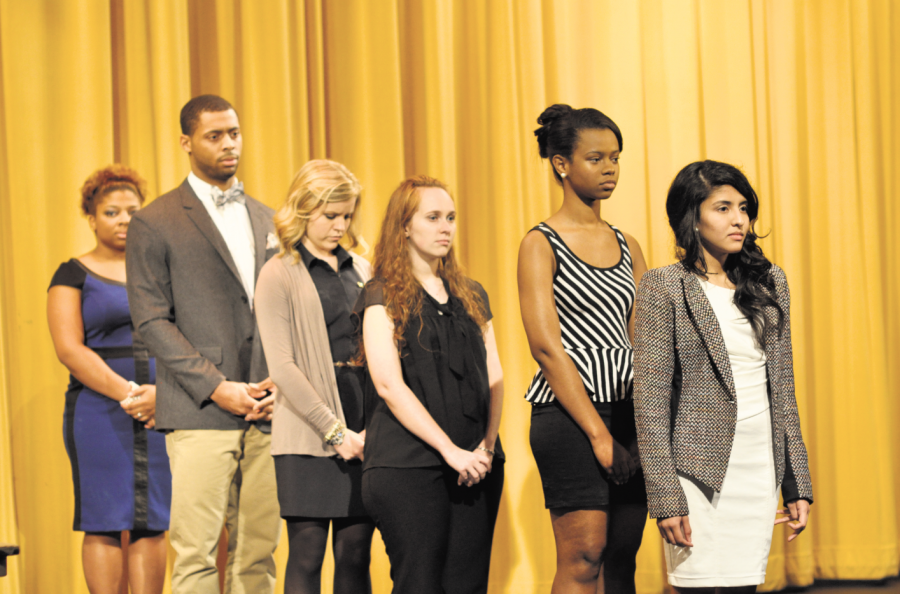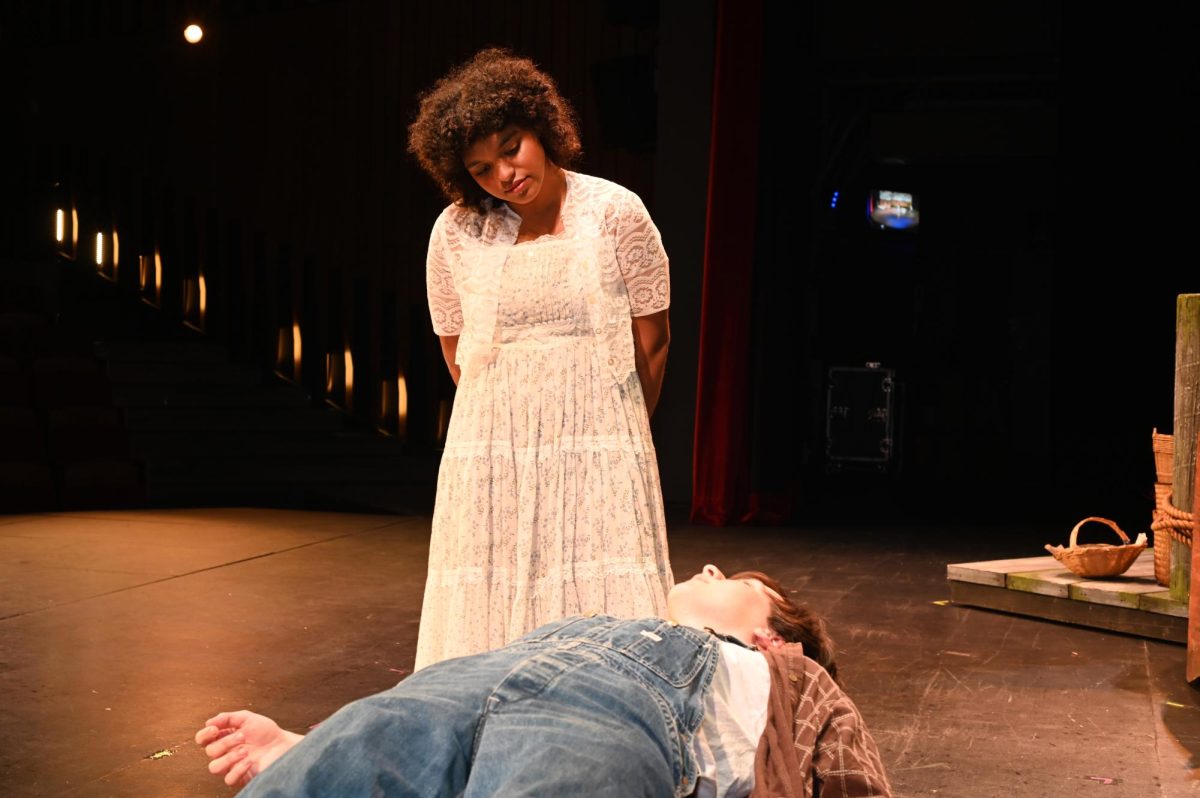Students and community members voted against the Development, Relief and Education for Alien Minors (DREAM) Act on Tuesday after Monday’s speech forum held in the Danos Theatre.
The Fall 2013 Speech Forum’s topic “Resolved, that Congress should pass the DREAM Act” ended in a victory for the con side in a vote of 41 pro, 50 con and 11 undecided. This vote changed from the initial vote of 29 pro, 30 con and 43 undecided.
The DREAM Act is a bill that was brought to the United States Senate in 2001 that will grant immigrants American citizenship. These candidates must demonstrate good moral character as well as graduate from a high school in the United States. Candidates must also complete two years at a higher education institution and be in good standing or join the United States Military and serve at least 2 years. In order to be eligible for DREAM, candidates must have been minors who have live in the country for five years before the bill was enacted.
Sheyla Sicily, geomatics freshman from Houma, spoke in favor of the DREAM Act, stating in her speech that a person’s place of birth does not always define the place that person calls home.
Since the foundation of the DREAM Act ties in with Martin Luther King, Jr.’s “I Have a Dream Speech” Sicily and six other students recited the speech in homage of the 50 year anniversary of the speech being recited in Washington, D.C.
Sicily’s connection with the DREAM Act began at birth since she and her sister were both born in El Salvador and grew up in the United States.
“We are not defined by our birth country. We are defined by American culture,” Sicily said. “We have had American values ingrained in us since we moved here. If someone asked me today ‘are you an American or are you Salvadorian,’ it doesn’t matter where my birth certificate came from. It matters where I grew up.”
Sicily added that most of these minors who moved from their original country are more familiar with American cultures and language rather than their place of origin.
“These ‘Dreamers’ know nothing about their birth country,” Sicily said. “Many times when they are rejected by the Unites States and are deported to their birth country they don’t have legal documentation there either. “
Since these people are rejected both by their birth country and the United States, Sicily said that they become nationless as a result.
Once “Dreamers” become citizens of the country, the United States will benefit from their tax dollars according to Sicily’s research from the Congressional Budget Office. The U.S. will receive $2.3 billion dollars in revenue over a ten-year period if the DREAM Act is passed.
Kristi Calvaruso, sociology senior from Geismar, spoke against the DREAM Act, arguing that although America was built through immigration, taking on even more immigrants could be a bigger burden on our country financially.
“We are known as a country of freedom [and] as a country of political correctness,” Calvaruso said. “We are also known as a country of melting pots. But how much more are we going to add to our pot before it spills over and makes a mess of things?”
Calvaruso’s research found that illegal aliens have caused the country a dramatic decrease in neighborhood and property value, degraded the education in public school systems and has strained the economy since 2011.
“This DREAM Act is wanting to allow in immigrants to use our tax money for their housing, their lifestyles, their education and their medical expenses,” Calvaruso said. She added that the country would be “leaving our back door open completely” since tax payers will not necessarily know where their tax dollars are going.
Calvaruso went on to say that since these immigrants have to be in “good moral standing” to receive the benefits of the DREAM Act, the government has not yet defined exactly what that means. Thus, Calvaruso raised the question that since there is no definite explanation for “good moral standing” anyone could essentially be considered to receive the benefits of the DREAM Act.
Calvaruso’s argument won over majority of the audience by receiving 50 votes, receiving 32 of the undecided votes.
Nicholls community not in favor of The DREAM Act
Tiffany Williams
•
November 7, 2013
Students from various speech classes at Nicholls perform segments of Martin Luther King Jr.’s speech “I Have a Dream” at the beginning of Monday night’s speech forum in Danos Theater on November 4.
0
More to Discover








